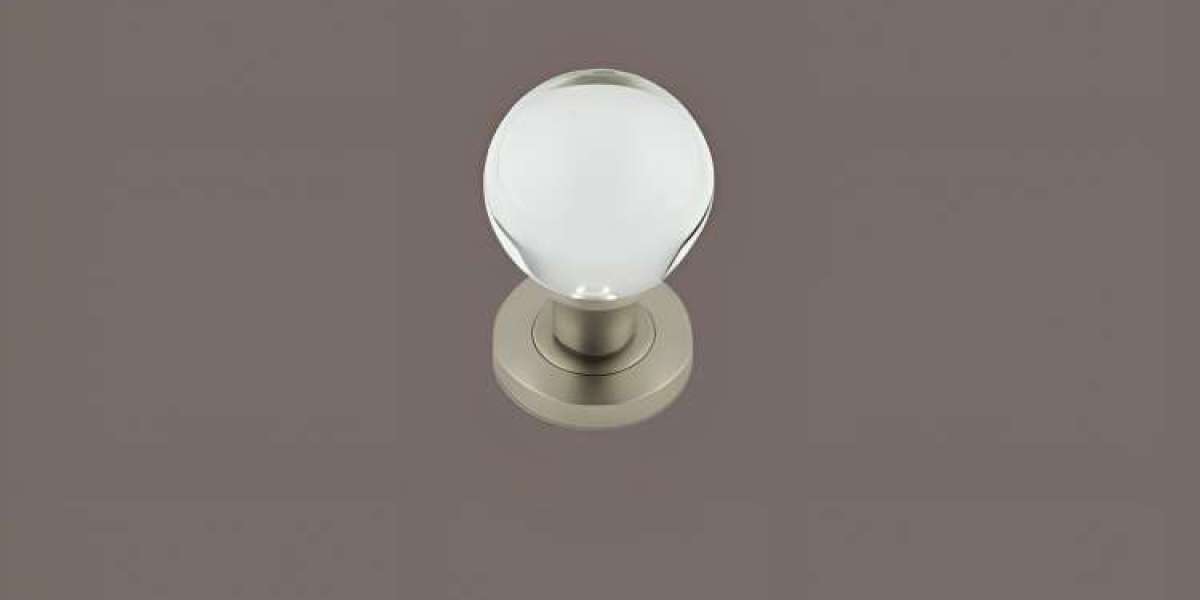In today's fast-paced and high-demand manufacturing environment, CNC milling services have become indispensable for businesses that need precision, speed, and flexibility. Whether you’re producing one-off prototypes or high-volume production parts, a trusted CNC milling services provider can deliver high-quality components tailored to your specifications.
What Are CNC Milling Services?
CNC milling is a computer-controlled machining process that uses rotating cutting tools to remove material from a solid workpiece. The machines are guided by digital instructions (G-code), ensuring precision, consistency, and repeatability across every part produced.
Key Characteristics:
Subtractive manufacturing method
Ideal for complex geometries
Suitable for metals and plastics
Multi-axis capabilities (3-, 4-, and 5-axis milling)
CNC milling services are widely used across industries like aerospace, automotive, medical, electronics, and general manufacturing to produce both functional parts and aesthetic components.
How CNC Milling Works
The CNC milling process starts with a CAD (Computer-Aided Design) file that outlines the geometry of the part. This is converted into a CAM (Computer-Aided Manufacturing) file to generate the machine-readable G-code.
Main Steps:
Material Setup – The raw material (metal or plastic block) is mounted onto the machine bed.
Machine Programming – The CNC machine is loaded with G-code.
Cutting Operation – The cutting tools rotate at high speeds while moving across the workpiece to shape it.
Part Finishing – Processes like deburring, polishing, or coating may be applied.
Modern CNC milling machines can perform multiple operations in one setup, dramatically reducing manufacturing time and labor.
Types of CNC Milling Machines
Different machines are used based on part complexity, size, and required precision.
3-Axis Milling Machines
Most common type
Move along X, Y, and Z axes
Ideal for simple to moderately complex parts
4-Axis Milling Machines
Adds a rotating axis (A-axis)
Enables cutting on multiple sides without manual repositioning
Great for parts with radial symmetry
5-Axis Milling Machines
Adds a second rotary axis (B-axis or C-axis)
Allows for extremely complex shapes and tight tolerances
Perfect for aerospace, medical, and defense industries
CNC Milling Materials
One of the biggest advantages of CNC milling services is material versatility.
Material Type | Examples | Applications |
Metals | Aluminum, Steel, Brass, Titanium | Aerospace, automotive, machinery |
Plastics | ABS, Nylon, PEEK, Polycarbonate | Medical, electronics, consumer products |
Composites | Carbon fiber reinforced polymers | Lightweight structures, drone frames |
Depending on the industry and part functionality, the right material will balance strength, cost, weight, and machinability.
Applications of CNC Milling Services
CNC milling is used to create parts with tight tolerances, clean finishes, and precise geometries. It serves industries where precision and quality can’t be compromised.
Common Use Cases:
Aerospace – Turbine blades, housings, engine components
Automotive – Suspension arms, brake calipers, engine parts
Medical – Surgical instruments, prosthetics, implants
Consumer Products – Camera parts, phone housings, custom metal pieces
Industrial Equipment – Gearboxes, brackets, housings, tooling components
Benefits of CNC Milling Services
CNC milling offers several distinct advantages over traditional manufacturing methods.
1. High Precision
CNC machines can achieve tolerances as tight as ±0.0002 inches, making them perfect for mission-critical components.
2. Consistency
Once programmed, machines can produce thousands of identical parts with no deviation.
3. Fast Production
Multi-axis machines allow for faster machining by reducing setup times and enabling simultaneous cuts.
4. Cost-Efficiency
While setup costs may be high, CNC milling becomes highly cost-effective for medium to high-volume runs.
5. Flexibility
You can easily modify designs or switch materials without investing in new tooling or equipment.
CNC Milling vs. CNC Turning: Key Differences
Though both are essential CNC processes, milling and turning serve different needs.
Feature | CNC Milling | CNC Turning |
Workpiece Movement | Fixed on bed | Rotates on spindle |
Tool Movement | Rotates and moves across X, Y, Z axes | Stationary or limited movement |
Part Shape | Ideal for flat, contoured, or complex shapes | Ideal for cylindrical or round parts |
Typical Components | Brackets, housings, molds | Shafts, bushings, threaded parts |
If your part requires multiple features on various planes or sides, CNC milling services are typically the best choice.
Choosing the Right CNC Milling Service Provider
Selecting a trusted service partner can directly impact your product’s quality, lead time, and cost. Here’s what to look for:
Technical Capabilities
Ensure the shop has advanced CNC machines (especially 4- or 5-axis) and works with your desired materials.
Experience & Certifications
Choose a provider with a proven track record in your industry and ISO 9001 or AS9100 certifications.
Design Support
Look for providers who offer DFM (Design for Manufacturability) feedback to optimize your part for machining and cost.
Quality Assurance
Inquire about quality checks, including first-article inspection (FAI), CMM reports, and in-process monitoring.
Lead Times & Capacity
Can they handle your volume? Do they offer fast turnaround for prototypes or urgent production runs?
Designing for CNC Milling
Here are some tips to make your parts easier and more cost-effective to mill:
Avoid deep, narrow cavities (tool deflection can cause inaccuracies)
Use standard hole sizes to reduce tool changes
Keep minimum wall thickness above 0.8 mm
Add radii to internal corners (sharp corners are hard to mill)
Minimize setups by consolidating features on one side
Designing with machinability in mind reduces costs and lead times.
Industries That Rely on CNC Milling
Let’s dive deeper into why certain industries depend so heavily on CNC milling services.
Aerospace
Lightweight and strong aluminum parts
Extremely tight tolerances
Complex multi-surface geometries
Medical
Biocompatible components made from titanium or stainless steel
Custom implants and surgical tools
Smooth surface finishes and tight fits
Automotive
Suspension systems, engine housings, custom racing parts
Fast turnaround for prototyping and testing
Electronics
Heat sinks, device enclosures, precision components
Milling allows for extremely small and precise features
Conclusion
CNC milling services offer a powerful, efficient, and precise way to manufacture everything from simple brackets to complex 3D components. Thanks to their versatility, they’re widely used in sectors where quality and performance matter most.
Whether you're looking to prototype a new part, scale production, or reduce assembly time with complex geometry in a single piece, CNC milling provides the accuracy and repeatability you need. As technology continues to evolve, expect even greater capabilities and tighter integration with CAD/CAM systems, automation, and AI-driven optimization.








